Gum Disease Treatment – Everett, WA
Protect Your Teeth & Gums with Gum Disease Treatment
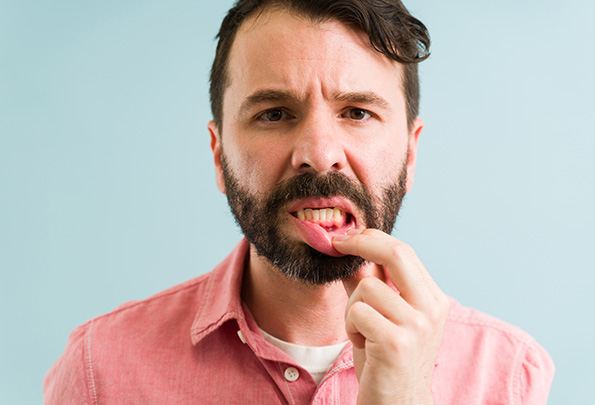
When it comes to ensuring your teeth last a lifetime, it’s important to consider your whole mouth, including your gums. Unfortunately, it is estimated that approximately 64 million Americans over the age of 30 have some form of gum disease. Gum disease can not only cause bad breath and gum recession, but it can also result in tooth loss and jawbone deterioration that can make it harder to eat, speak, and smile confidently. Here’s how we can help here at Albright Family Dental with gum disease treatment in Everett.
Why Choose Albright Family Dental for Gum Disease Treatment?
- Painless and Effective Soft Tissue Laser Therapy
- Dental Insurance and Flexible Financing Welcome
- Gentle and Caring Dental Team
What Is Gum Disease?
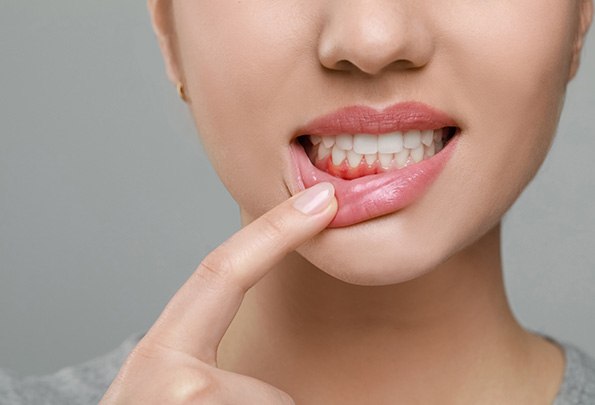
Gum disease (also known as periodontal disease) is the result of a bacterial infection within the gum tissue that directly affects the gums and bone structure supporting the teeth. There are two types of gum disease: gingivitis, the earliest stage, and periodontitis, the more advanced stage.
Although gingivitis can often be reversed by improving your oral hygiene routine, periodontitis can only be managed, not cured to prevent it from worsening.
Factors that could increase your odds of developing gum disease include smoking or using tobacco products, poor oral hygiene, genetics, medical conditions such as diabetes, taking certain medications that may cause dry mouth, and even hormonal changes because of pregnancy.
Symptoms of Gum Disease
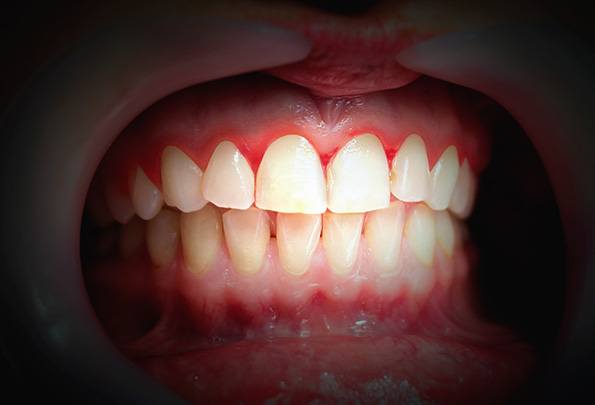
Gum disease can have a variety of symptoms, depending on how far the condition has progressed. Some signs of gingivitis include:
- Chronic bad breath (halitosis)
- Red or swollen gums
- Bleeding gums when flossing or brushing your teeth
- Tender gums
- Dark red gums
- Gum recession
Signs of periodontitis:
- Pain while chewing
- Loose permanent teeth
- Sensitive teeth
- A change in bite
- A change in the fit of restorations such as partial dentures
- Permanent tooth loss
How Do We Treat Gum Disease?

Before determining which gum disease treatment is best for your smile, Dr. Kaopua will thoroughly examine your mouth to determine the severity of your condition. Based on his findings, he will discuss all your treatment options with you and help you make the right choice for your care.
Scaling & Root Planing
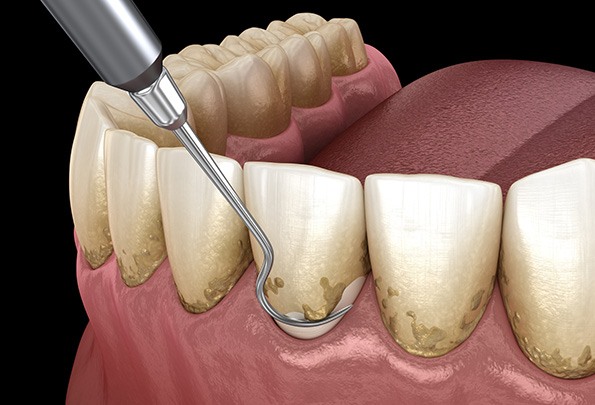
Scaling and root planing is a two-part process that can typically be completed in two appointments. First, Dr. Kaopua will thoroughly remove all the plaque and tartar from the teeth to minimize bacteria presence. If you have experienced any gum recession, he will scale as far down as the pockets of your gums to make sure there is no bacteria hiding below the gumline.
At the next appointment, he will smooth out the surface of the roots of your teeth, removing any hardened bacteria deposits. This will help ensure your gums can healthily reattach to your tooth’s structure, protecting the roots.
Antibiotic Treatment
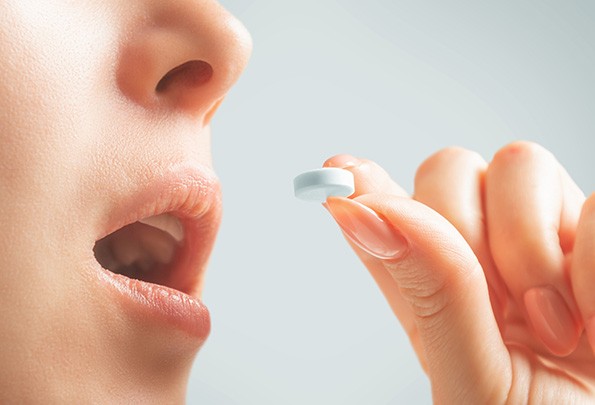
For antibiotic treatment, Dr. Kaopua will prescribe an oral antibiotic, typically in conjunction with another form of treatment such as scaling and root planing. This can be picked up at your local pharmacy following your appointment.
Laser Periodontal Treatment
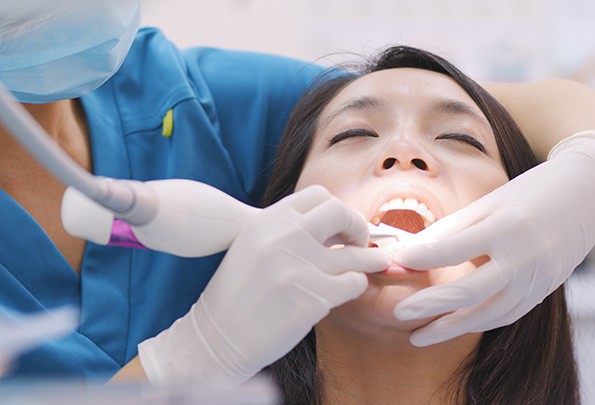
Using a soft-tissue laser to treat gum disease isn’t really a treatment in itself; it simply utilizes a soft-tissue laser in the process of scaling and root planing to kill bacteria and remove any severely damaged gum tissue, leaving behind only healthy tissue.
Using a soft-tissue laser also helps minimize bleeding and eliminates any need for sutures and a scalpel, helping to make your recovery much more comfortable.



